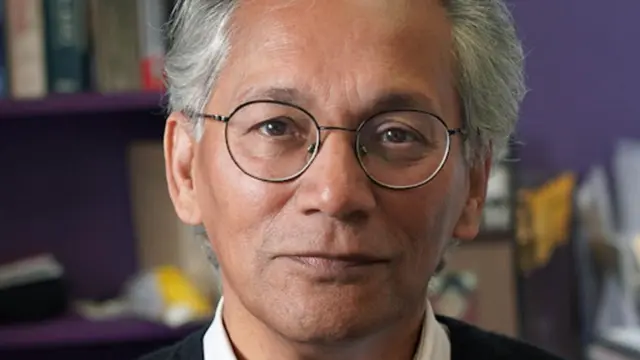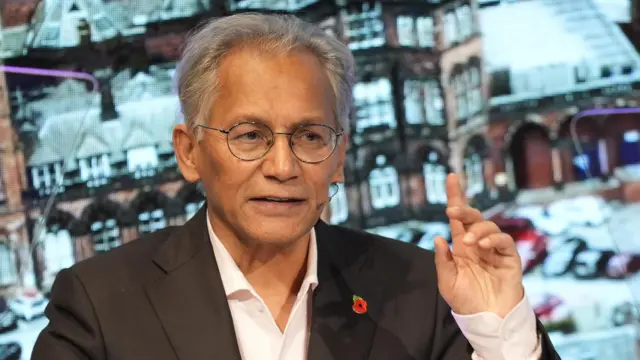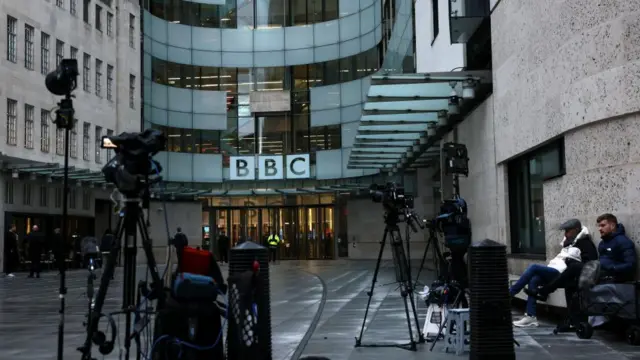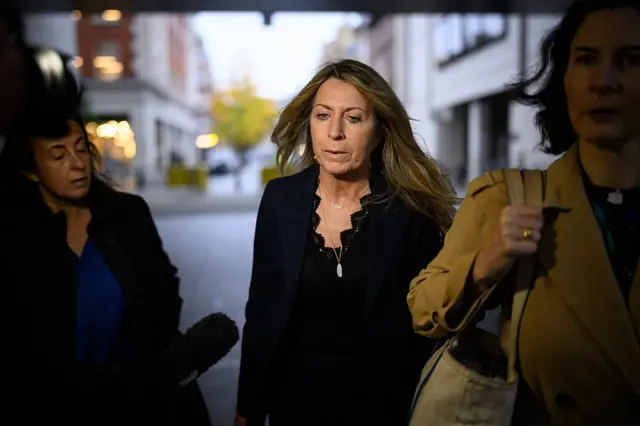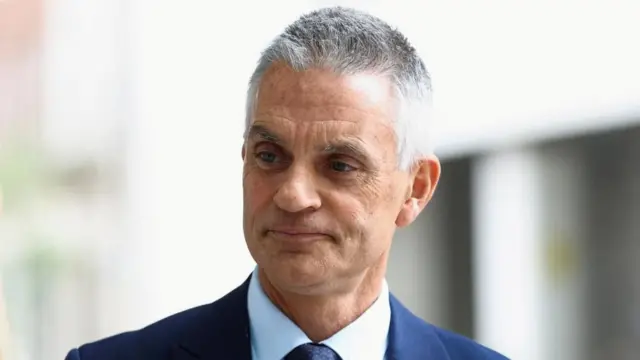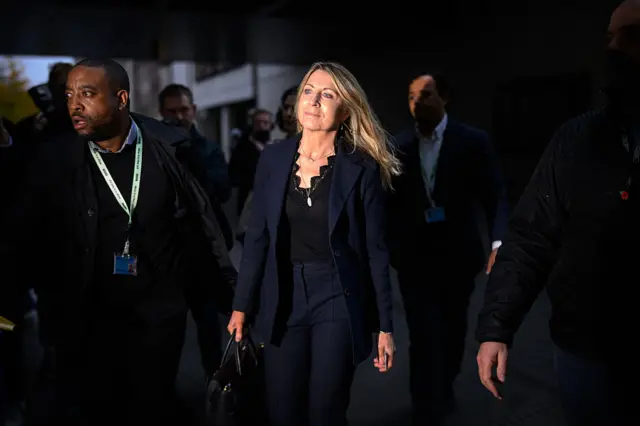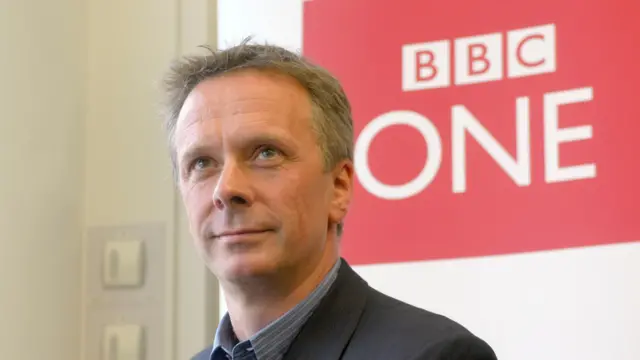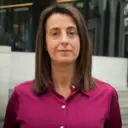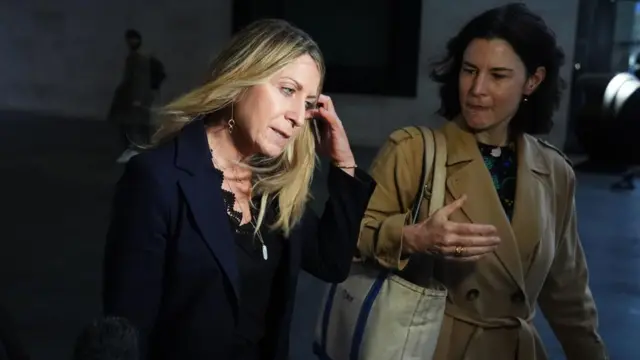Shah: 'When the BBC gets things wrong', action has been takenpublished at 12:44 GMT 10 November
Shah says the Editorial Guidelines and Standards Committee (EGSC) accepts that there are "occasions when the BBC gets things wrong" or its reporting "requires more context and explanation".
This is the case in some of the examples highlighted by Prescott's memo, he says.
Shah cites a story about car insurance and the reporting of casualty figures in Gaza as two examples, among others.
Action was taken, ranging from "published corrections and clarifications", "new editorial guidance" and "disciplinary action" in some cases.

